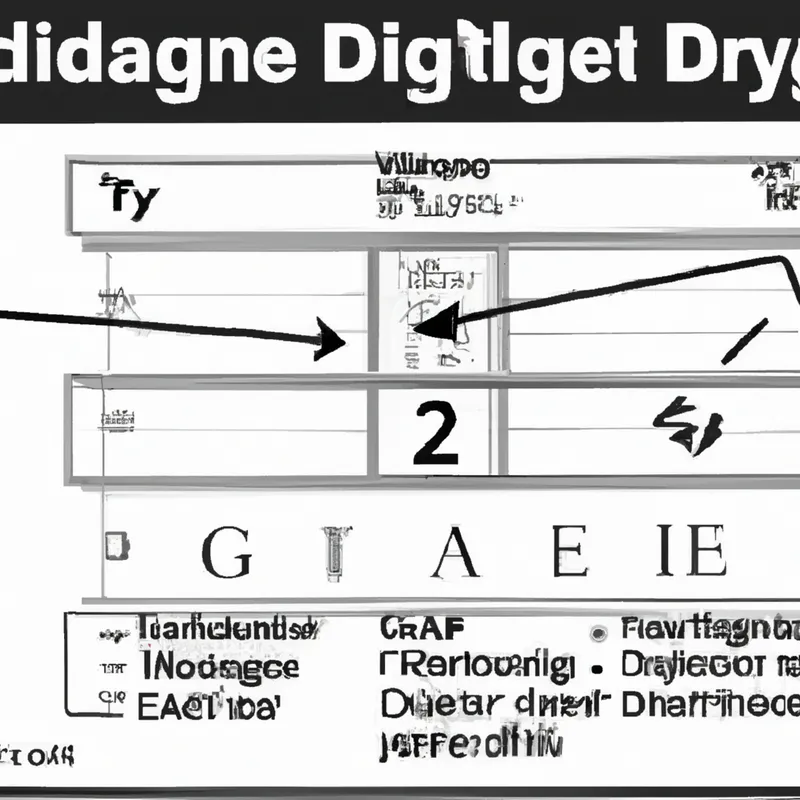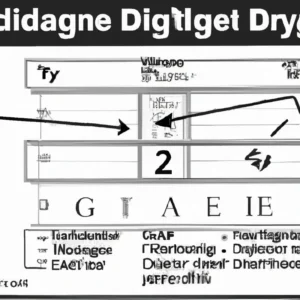Unlocking Success: Transform Feedback into Training Gold
Analyzing User Feedback: Tailor Online Group Training Content Based on Participant Insights
User feedback is crucial in online training. It provides insights into what works and what doesn’t. Analyzing feedback enhances your content relevance. Tailoring training programs to participant needs boosts engagement and improves learning outcomes. Let’s explore how to analyze user feedback effectively.
Why Feedback Matters
Feedback represents your participants’ voices. It reveals their challenges, preferences, and expectations. Understanding these factors creates a more impactful learning experience. Feedback also promotes a culture of improvement and responsiveness. Valuing participant insights fosters their connection to the training process.
Gather Feedback Effectively
Collecting feedback is the first step to analysis. Use various methods to capture a wide range of insights.
Surveys and Questionnaires
Surveys provide a straightforward way to gather structured feedback. They enable participants to share thoughts on specific training aspects. Include both multiple-choice and open-ended questions for quantitative and qualitative insights.
Focus Groups
Focus groups facilitate deeper discussions. Participants share experiences in a group setting, revealing insights that surveys may miss. Use a skilled facilitator to guide conversation and capture key points.
One-on-One Interviews
Conducting interviews offers a personalized feedback collection approach. Participants may feel more comfortable sharing thoughts privately. This method yields detailed insights and allows for follow-up questions.
Analyze and Interpret Feedback
After gathering feedback, analyze it systematically. Review the data to identify trends and patterns.
Categorize Responses
Categorize feedback into themes. Group similar comments to identify common concerns or suggestions. This process helps pinpoint areas needing improvement.
Quantify Insights
Convert qualitative feedback into quantitative data where possible. Count how many times participants mention specific topics. This quantification prioritizes areas for change.
Identify Actionable Insights
Focus on feedback that leads to tangible changes. Look for suggestions that enhance content, delivery methods, or engagement. Prioritize changes that align with training goals and participant needs.
Implement Changes
Analyze feedback and implement changes. Tailor your training content based on insights gained.
Update Content
Revise training materials to address common concerns. Simplify content or provide additional resources for topics participants struggle with. Ensure materials reflect the latest trends and information relevant to your audience.
Adjust Delivery Methods
Change how you deliver training. Incorporate more discussions, polls, or breakout groups if participants prefer interactive sessions. Alternatively, adjust your approach for those who desire structured content.
Foster Engagement
Enhance engagement by incorporating participant feedback into training. Encourage sharing insights during sessions. This validates opinions and creates a collaborative learning environment.
Benefits of Tailoring Content
Adapting training based on feedback offers significant benefits.
Increased Engagement
Tailored content resonates with participants. They feel their voices matter, leading to increased engagement. This engagement results in better learning outcomes.
Higher Satisfaction Rates
Participants appreciate seeing their feedback in training. They experience higher satisfaction rates when you meet their needs. This satisfaction can lead to positive word-of-mouth and increased enrollment.
Improved Learning Outcomes
When training aligns with participant expectations, learning outcomes improve. Tailored training addresses specific needs, making concept grasp easier. Participants retain information better and apply it in real-world scenarios.
Conclusion
Analyzing user feedback is essential for tailoring online group training content. Gathering and interpreting insights creates a more engaging learning experience. Implementing feedback-driven changes enhances satisfaction and improves outcomes. Embrace participant insights, and watch your training programs thrive.
Below are related products based on this post:
FAQ
Why is user feedback important in online group training?
User feedback is crucial as it represents the voices of participants, revealing their challenges, preferences, and expectations. Understanding these factors helps create a more impactful learning experience and fosters a culture of improvement and responsiveness, ultimately enhancing participant connection to the training process.
What methods can be used to gather feedback effectively?
Effective feedback can be gathered through various methods such as surveys and questionnaires for structured insights, focus groups that facilitate deeper discussions, and one-on-one interviews for personalized feedback. Each method captures a range of insights to inform content improvements.
How can feedback be analyzed and implemented to improve training?
Feedback should be analyzed by categorizing responses into themes, quantifying insights, and identifying actionable suggestions. Once analyzed, changes can be implemented by updating content, adjusting delivery methods, and fostering engagement based on the insights gained, ensuring that training aligns with participant needs for better outcomes.















Post Comment